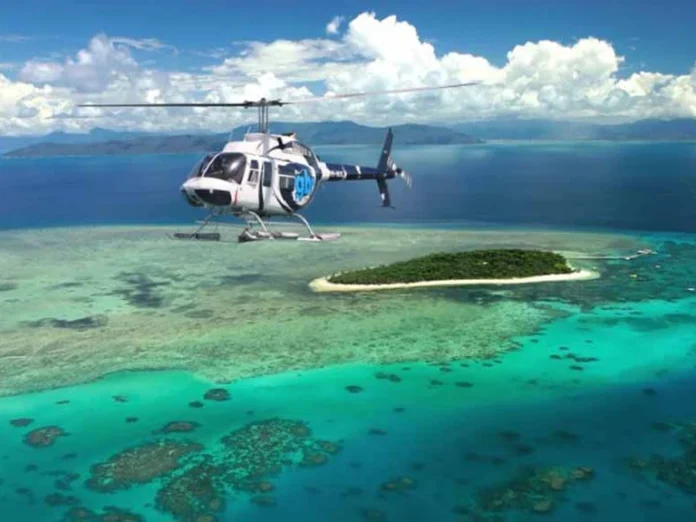The Andaman & Nicobar Administration has unveiled an ambitious plan to unlock the tourism potential of the islands through a set of high-end eco-tourism projects. Spread across four pristine destinations, Shaheed Dweep, Long Island, Smith Island, and Aves Island, the projects will also include the redevelopment of the landmark Megapode Resort in Sri Vijaya Puram. All will be developed under the Public-Private Partnership (PPP) model.
Officials say the initiative is part of the Government of India’s Holistic Development of Islands (HDI) framework, which aims to balance economic growth with environmental sustainability. By promoting nature-led tourism, the administration hopes to position the Andaman & Nicobar Islands as a premier global destination for travellers seeking luxury experiences in ecologically sensitive settings.
The Request for Proposal (RFP) for the development of eco-tourism resorts on the four islands and the Megapode redevelopment was issued on July 28. This was followed by a pre-bid conference on August 14, attended by more than 100 participants representing about 60 potential investors, including leading hospitality operators and developers.
The conference served as both an orientation and a consultation, with project contours and PPP structuring explained in detail. The interaction provided an opportunity for potential investors to share suggestions and seek clarifications, ensuring transparency and alignment between the administration’s objectives and private sector capabilities.
Officials explained that the projects would be designed to preserve the islands’ fragile ecosystems while offering high-end amenities. This approach includes low-impact infrastructure, renewable energy use, waste management systems, and measures to engage local communities in both the development and operational phases.
The pre-bid discussions covered the entire project lifecycle, from design and construction to operations and long-term maintenance. Key investor queries were addressed on-site, and further clarifications are expected to be issued as the bid process progresses. To familiarise investors with the sites, the administration has planned guided visits in the first week of September, allowing bidders to assess location-specific conditions and opportunities.
The redevelopment of Megapode Resort, situated in the heart of Sri Vijaya Puram, is expected to act as the urban flagship of the eco-tourism push. The resort, will be upgraded to match global hospitality standards while retaining its local charm.
For the four targeted islands, the administration is banking on their distinct attractions. Shaheed Dweep is known for its beaches and water sports potential, Long Island for its tranquil bays and hiking trails, Smith Island for its twin-beach geography, and Aves Island for its untouched coral reefs and seclusion. Developing luxury eco-resorts on these islands could diversify the tourism offering beyond the conventional beach itinerary, drawing higher-spending visitors and extending average stays.
The eco-tourism projects are being closely watched as a test case for sustainable development in small island territories. Balancing high-end tourism infrastructure with environmental stewardship is a challenge, particularly in locations where biodiversity is both a draw and a resource that must be carefully protected.
If successful, the initiative could serve as a model for similar island destinations in India and beyond. The administration is positioning the PPP model as a means to tap into private investment and expertise while maintaining regulatory oversight and ecological safeguards.
As the bid process moves forward, the focus will remain on ensuring that the developments align with the islands’ long-term vision: generating economic benefits without compromising the natural heritage that makes the Andaman & Nicobar Islands unique.





